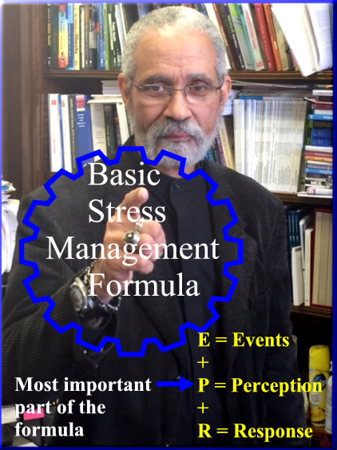Six Tips For Transitioning Into Retirement
It’s no secret that experiencing change can be a challenge. You’ll find this is true even when the transition you’re going through entails something long desired. The reason is, by and large, people are creatures of habit. So, when life’s rhythms get altered the upheaval can be immense.
The decision to bring your career to a close is one that invariably brings many feelings to the surface. Some of these feelings will be positive, and others, not so much.
A little bit of planning can help you through this process in as seamless and painless a fashion as possible. The following six tips for transitioning into retirement will help you on your path.
1. Mitigate Financial Risks
Recent studies1 have shown there are five major financial risks facing retirees: policy risk, market risk, health risk, longevity risk, and family risk. Of these, the risks that most consistently become a problem for people are longevity risk (outliving resources) and health risk (medical bills/long-term care).
The good news is that these are risks you can mitigate in many ways. For example, you can take care not to underestimate how long you will live, be realistic about the expenses involved in healthcare, and acknowledge the possibility of needing assistance later in life.
In addition, if you take good care of yourself (physically, mentally, and emotionally) now, you will increase the likelihood of aging with grace and potentially reduce your medical needs and overhead later.
2. Be Realistic About Spending
Paying close attention to what you spend each month before you retire will give you a sense of your monetary needs. If you find that they are too high, begin paring down your expenses and reducing your overhead: the fewer places you hemorrhage money, the better. Even if you have ample resources, it’s wise to pay attention to your spending to avoid unwanted surprises down the road.
3. Practice Prevention
Your health and wellbeing should have been your priority throughout your life, but as you age, it’s untenable for them not to be. The difference between enjoying your retirement, or suffering the experience, can easily come down to lifestyle choices.
So, if you haven’t already, make physical activity a part of each day, aim to eat a rainbow of food, cultivate sources of creativity and joy in your life, and spend time with people you love. Doing these things could lengthen your life, prevent illness and injury, and simply help to make your life better.
4. Have A Plan
Work consumes a great deal of time. If you head into retirement without considering what those suddenly vacant hours will look like, you could leave yourself feeling unmoored. Creating a schedule for yourself that incorporates healthy habits into your daily routine can be a game changer.
According to a study for Psychology of Aging, “the retirement transition is multi-dimensional. The transition involves two developmental challenges: adjustment to the loss of the work role and the social ties of work, and the development of a satisfactory postretirement lifestyle.”2
Anticipating these impacts in advance, and consciously facing them through planning and preparation, increases your chances for a happy retirement.
5. Learn To Relax
Learning to relax may sound silly, but many people are so conditioned to be busy that suddenly having free time can lead to an identity crisis. To counter this possibility, consider beginning a mindfulness practice such as meditation. Learning to sit, be still, and reflect inward will confer myriad health benefits and help ease you into retirement.
6. Don’t Wait To Enjoy
Life is better when lived fully. Waiting for a future date to truly savor your existence can be a monumental waste of precious time. Life offers few guarantees, so if you want to avoid regrets, then make today matter. Once retirement begins, double down.
Fill your moments with things you’ve long wanted to try. Vie to expand, rather than contract, as you age. Stay engaged, keep moving, and consciously cultivate your vitality. Doing this will help you transition smoothly into retirement and, what’s more, will foster a life worth living.
References:
- Hou, W. (n.d.). How Well Do Retirees Assess The Risks They Face in Retirement? Center for Retirement Research. Retrieved September 23, 2022, from https://crr.bc.edu/wp-content/uploads/2022/06/IB_22-10.pdf
- van Solinge, H., & Henkens, K. (2008). Adjustment to and satisfaction with retirement: two of a kind?. Psychology and aging, 23(2), 422–434. https://doi.org/10.1037/0882-7974.23.2.422














